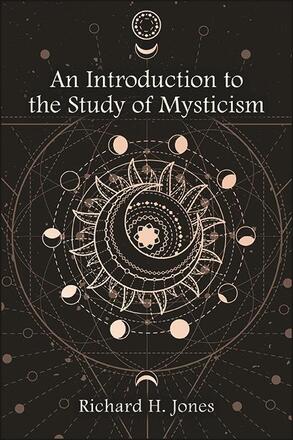
An Introduction to the Study of Mysticism
Alternative formats available from:
A comprehensive, concise, and easy-to-read introduction intended for undergraduates and general readers interested in the study of mysticism.
Description
2022 CHOICE Outstanding Academic Title
The purpose of this book is to fill a gap in contemporary mystical studies: an overview of the basic ways to approach mystical experiences and mysticism. It discusses the problem of definitions of “mystical experiences” and “mysticism” and advances characterizations of “mystical experiences” in terms of certain altered states of consciousness and “mysticism” in terms of encompassing ways of life centered on such experiences and states. Types of mystical experiences, enlightened states, paths, and doctrines are discussed, as is the relation of mystical experiences and mysticism to religions and cultures. The approaches of constructivism, contextualism, essentialism, and perennialism are presented. Themes in the history of the world’s major mystical traditions are set forth. Approaches to mystical phenomena in sociology, psychology, gender studies, and neuroscience are introduced. Basic philosophical issues related to whether mystical experiences are veridical and mystical claims valid, mystics’ problems of language, art, and morality are laid out. Older and newer comparative approaches in religious studies and in Christian theology are discussed, along with postmodernist objections. The intended audience is undergraduates and the general public interested in the general issues related to mysticism.
Richard H. Jones is the author of several books, including Philosophy of Mysticism: Raids on the Ineffable and Mystery 101: Introduction to the Big Questions and the Limits of Human Knowledge, both published by SUNY Press.
Reviews
"The volume provides a groundwork for mystical studies and offers a variety of perspectives on the interpretations and debates that animate the field, along with essential terminology, labels, and categories … The pleasure of this book lies in its clear and concise explanations of abstract and complex ideas." — Reading Religion
"Written in an accessible style to those new to the subject, it covers all the main areas and issues that naturally arise when attempting to study and explain what mysticism is … Jones does all of this fairly, intelligently, and with a control of the large literature that exists on these matters. This is a book for all who study religion and philosophy." — CHOICE